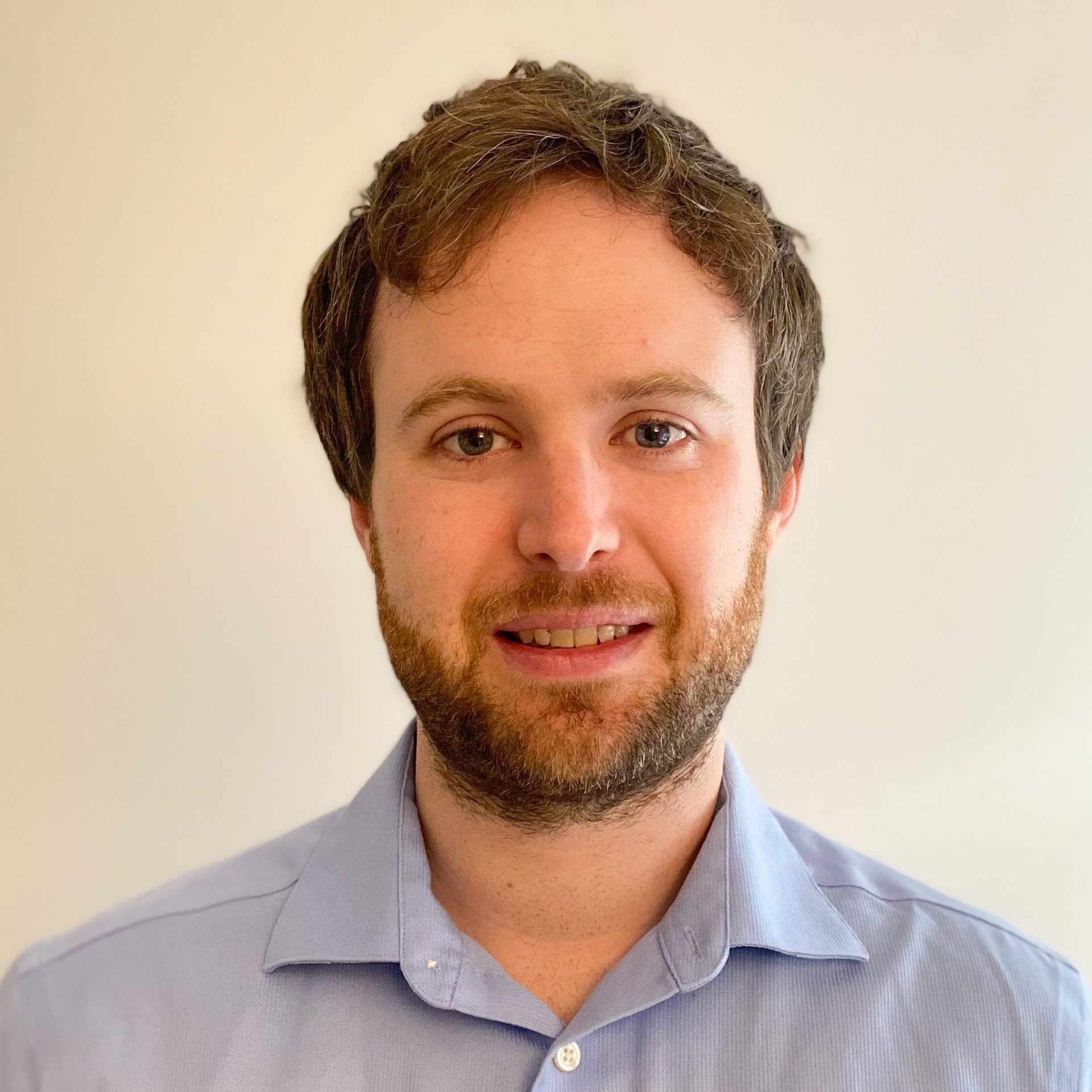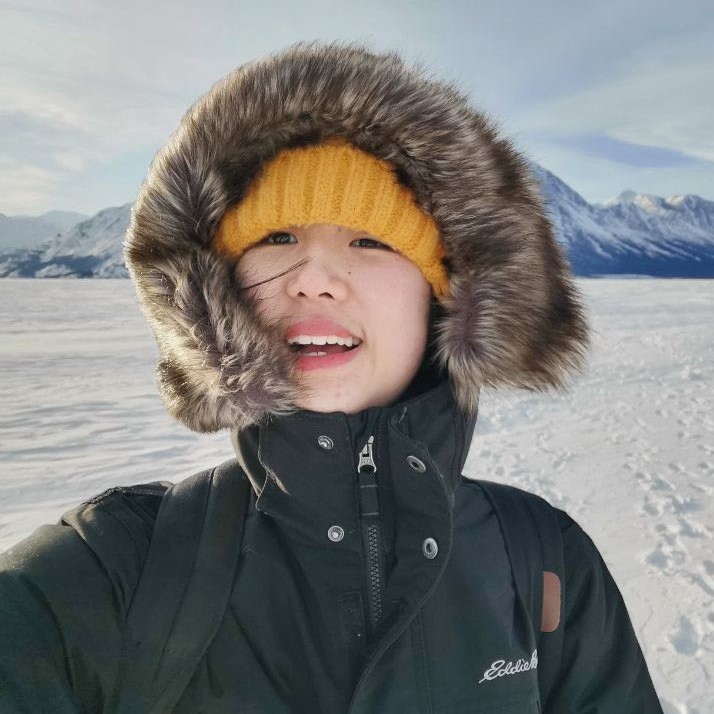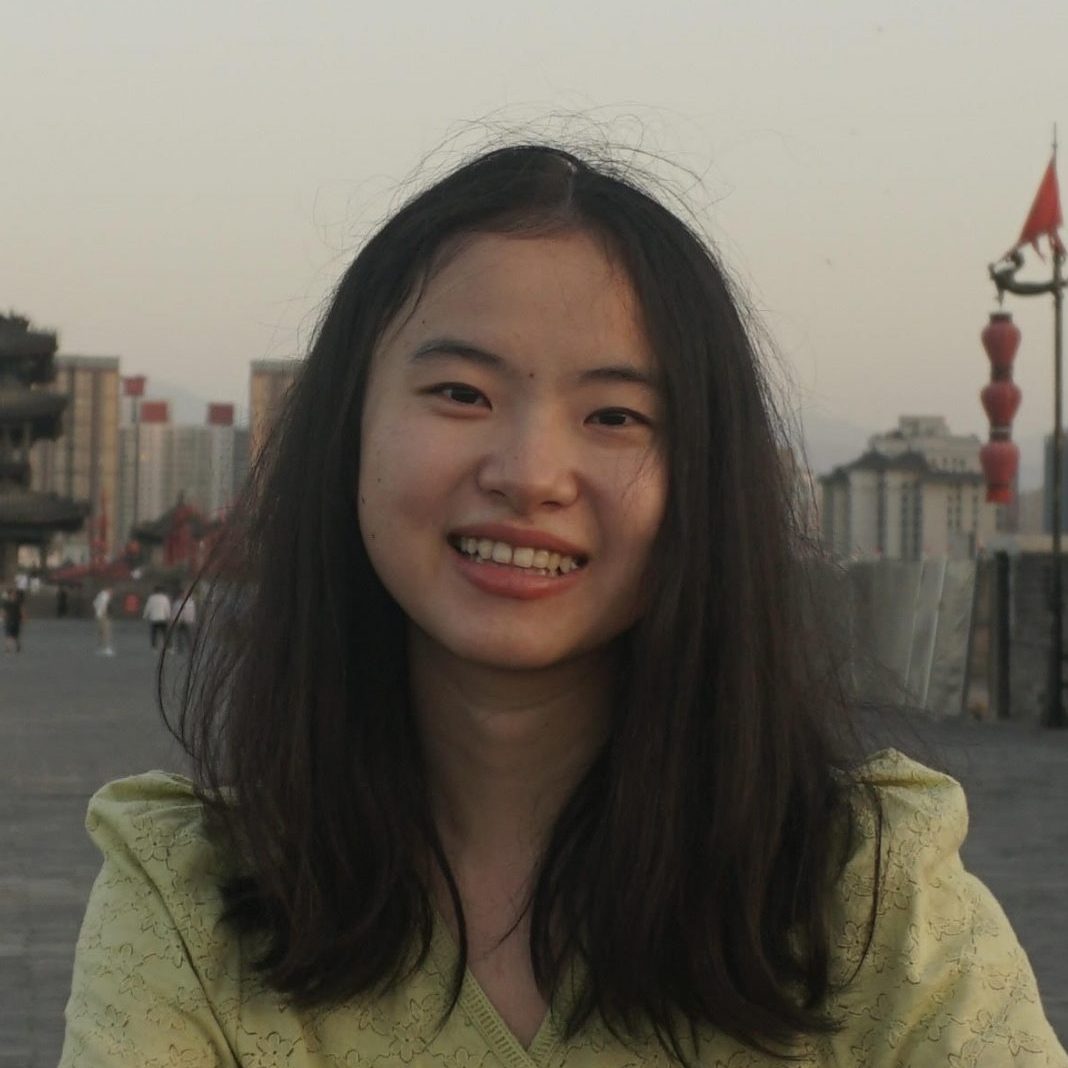UBC Student Employment Opportunity: PARKS+ Collective Project Coordinators (4 part-time positions)

September 1 to April 30 (30 weeks)
$30/hour 10 hours per week
Job Description
The PARKS+ Collective project (cppcl.ca) is looking for up to four UBC undergraduate or graduate Project Coordinators (PAs) to work part-time to assist with an ongoing, pan-Canadian project related to parks, protected, and conserved areas research and management. These PARKS+ Project Coordinator(s) will join an innovative knowledge mobilization initiative housed in the Institute for Resources, Environment and Sustainability (IRES) focused on building inclusive social capital to support the effective, equitable, and transformative management of parks and protected areas throughout the Canadian parks system. The PARKS+ Collective Project Coordinator will join a small team, led by Principal Investigator Don Carruthers Den Hoed (Research Associate at IRES), to design and deliver interdisciplinary online and face-to-face knowledge sharing programs with a broad range of knowledge holders, practitioners, and scholars across BC and Canada.
The Project Coordinator(s) will have the opportunity to network with practitioners, community partners, Indigenous leaders, graduate students, and faculty working in the very broad parks, protected, and conserved areas sector.
Project Coordinators will be required to participate in weekly meetings and attend parts of an online research eSummit betwen 8am to 12pm, March 3-6, 2025.
If university schedules allow, Coordinators will also have the option to work additional paid hours between September 30 and October 4, 2024 to attend and help facilitate a face-to-face retreat and workshop in Corner Brook, Newfoundland. Travel costs will be covered.
The goal of the PARKS+ Collective is the ongoing delivery of a pan-Canadian research and practitioner network for parks and protected areas with objective of building trusting relationships among researchers and practitioners, sharing diverse knowledge, and supporting interdisciplinary evidence-based decision making. The team also supports sub-granted research in the parks and protected areas sector on topics such as collaboration and innovation; climate change and adaptation; equity, diversity, inclusion, and decolonization in research and management; conservation mental health; transformative learning; and holistic conservation.
There are up to four positions available, each of which will lead one major project while collaborating as a team on four minor projects:
Position/Major Project A: The PARKS+ Research Network eSummit Project Coordinator will coordinate the annual PARKS+ Research eSummit by collecting submissions and screening by a selection committee, communicating with presenters to schedule and create presentations, hosting presenter technical checks, updating event information on the eSummit website, co-facilitating sessions, and posting recordings and resource material.
Position/Major Project B: The BC PARKS+ Regional Research Network Project Coordinator will coordinate the initial design and delivery of a continuing British Columbia Regional Research Community to connect parks and protected areas practitioners and researchers across the disciplines, including facilitating online events, supporting an online sharing platform, marketing, and helping with initial design for a face-to-face event in Kamloops, BC, in December 2025.
Position/Major Project C: The BC PARKS+ Living Labs Project Coordinator will coordinate the delivery of a peer-to-peer regional research community of practice for parks and protected areas, including facilitating online meetings, supporting dialogues with partners, facilitating online and face-to-face workshops, and creating communications material to promote the community and recruit new participants.
Position/Major Project D: The PARKS+ Ethical Space Collective for ENGOs Project Coordinator will coordinate the initial design and delivery of a continuing learning program on ethical space and braiding knowledges for a community of area-based non-profit organizations. This will include facilitating online events, supporting an online sharing platform, marketing, and helping with initial design for a face-to-face event in Kamloops, BC, in December 2025.
The PARKS+ Project Coordinator(s) will also work as a team to support the Research Associate, colleagues from IRES and contacts from across the parks sector with four minor, collaborative projects. This may include work such as literature reviews, survey design and testing, interviews/focus groups, creating resource pages, drafting reports, and so on. The three minor projects include:
Minor Project A: Mapping the parks and protected areas system and social capital
Minor Project B: Mental health and ecological grief among parks and protected areas sector workers
Minor Project C: Creating a holistic, transdisciplinary model for area-based conservation
Minor Project D: Indigenous Reconciliation and Braiding Knowledges in Parks and Protected Areas
Though they will collaborate as a team, each PARKS+ Project Coordinator(s) will work independently and be supervised by the Research Associate with weekly meetings online or at UBC Vancouver. Ongoing constructive feedback, support, and guidance will be provided, and opportunities will be available for meetings with other faculty and students at UBC as well as park practitioners and senior decision-makers from federal, provincial, and territorial park agencies. The Research Associate will provide an orientation and on-going training for the students. During regular meetings with supervisors, the student is also encouraged to provide their feedback, suggestions and reflections on how certain projects, procedures, or job duties can be improved or streamlined.
Job Duties include but are not limited to:
- Conducting literature reviews and content scans
- Researching different approaches and options for program delivery
- Developing program plans and gathering feedback from past and current partners
- Creating workshop content or presentations for focus groups and dialogue sessions
- Co-facilitating sessions and communicating with participants directly or in forums/group page
- Participating in team meetings and discussions
- Drafting project reports or summaries
- Posting findings or related resources to online platform
The tasks are primarily related to communication, organization/logistics, and research and require the
student to both apply previously learned knowledge and to acquire new communication and facilitation skills. The position will provide the student a unique opportunity to interact with a group of accomplished researchers and senior practitioners from different disciplines and from across the Canadian parks system, to develop written and spoken communication skills, and to build networks within and beyond the academy. The project will also help the student develop a sense of pride in their work and their knowledge, as well as a sense of responsibility to colleagues and nature.
Qualifications
Current UBC undergraduate (senior student in third-year or later preferred), graduate student (masters- or doctoral-level) in any program of study, though we are particularly interested in attracting applicants from Resources, Environment, and Sustainability; First Nations and Indigenous Studies; Geography; Journalism, Writing, and Media; Community and Regional Planning; Public Policy; Population and Public Health; Education; Forestry; Land and Food systems; Social Work; or Business.
Interdisciplinary scholarly or professional experience that relates to communicating/educating about Reconciliation, biodiversity, connection with nature, sustainability, land management, or parks and protected areas would be a considerable asset but is not a requirement.
PARKS+ Project Coordinator(s) require excellent research, time management, and communication skills, and the ability to engage with a diversity of people in an empathetic and constructive manner – including with senior leaders and professionals. Business is conducted in English, however as many participants are Francophone or bilingual, French language fluency is an asset. Other valued skills include knowledge of WordPress, WebEx/Zoom, short-form video production, document creation and design.
The PARKS+ Collective is trying to understand and challenge systemic advantages and oppression by seeking to include a diversity of people equitably in our programs. Applicants with experience working in equity, diversity, inclusion, and decolonization or who can add underrepresented perspectives through their lived experience (e.g., Indigenous, women, racialized, northern or remote, Francophone, LGBTQIA2S+, and persons with a disability) are encouraged to apply.
Additional Job Details
Job Type: UBC Vancouver – Student Research Coordinator/Project Coordinator
Rolling Basis Interview – Yes
Faculty/VP: Institute for Resources, Environment and Sustainability
Hours Per Week: 10
Salary / Wage: 30
Preferred Degrees/Disciplines: Conservation/Forestry/Education/Communications/Business
Additional Documents: Cover Letter, CV
Number of Openings: 3
Anticipated Start Date: September 1, 2024
Experience Level:
Current Students in an Undergraduate Program
Current Students in a Masters Program
Current Students in a Phd Program
Graduated with an Undergraduate Degree
Graduated with a Graduate Degree (Masters or Phd)
Supervisor: Don Carruthers Den Hoed
Workplace environment:
With members from diverse backgrounds, the PARKS+ Collective project strives to be a safe, supportive, and inclusive workplace. We frequently discuss issues of inequity and injustice at personal and global scales (both informally and formally, such as at team meetings), particularly as they pertain to academic and practitioner settings. The PARKS+ Collective deeply values diversity of thought. We are flexible about how, where, and when people work; this will also apply to these PCs. We use various resources to reflect, learn, and unlearn as appropriate (e.g., addressing unconscious biases before/during the hiring process) and debriefing after all events.
Training and supervision:
The PCs will receive thorough training, including an overview of the project. The PCs will have regular (weekly) meetings with the supervisor and other project members, as well as regular communications.
As the PC becomes more familiar with the project, they will be encouraged to work and think more independently. As part of the research team, the PC will also be encouraged to co-develop and modify the approach based on their own perspective and conversations with participants.
The PC will have the opportunity to reflect on their experience in this position (as it relates to their learning goals, working environment, mentorship preferences, etc.) and receive support and feedback during a mid-point and an end-of-term performance evaluation.
Connections and learning:
The PARKS+ Collective project consists of academics, practitioners, students, Indigenous leaders, community partners, and knowledge holders. The PCs will work closely with the supervisor and other members of the project, and they will be encouraged to participate in weekly team meetings to share successes and receive supportive feedback from different team members on questions and challenges that might emerge from the work. These meetings also provide opportunities to apply problem-solving and critical thinking skills outside of the classroom as the PC will be encouraged to provide feedback and contribute to discussions related to other PARKS+ Collective projects and issues more broadly.
The interdisciplinary composition of the PARKS+ Collective projects provides the opportunity to connect with people of diverse educational backgrounds, experiences, cultures, and skills. The lab is associated with both the Institute for Resources, Environment and Sustainability (IRES) and the Interdisciplinary Biodiversity Solutions Collaboratory (IBioS), allowing for a greater range of contacts for the RA. In addition, weekly lab meetings often include visiting researchers and collaborators from across UBC and beyond, which will offer the students a chance to network with a variety of research groups.
Career exploration:
This position is an opportunity for the PC to apply and enhance the diverse skills they have acquired through their studies and other work and life experiences. They will gain valuable experience connecting with individuals and using communication techniques beyond academia. The PC will develop a stronger understanding of the collaborative process, facilitation, and issues facing area-based conservation. This role will allow the PC to practice and improve communication and teamwork, and it will provide opportunities to reflect and identify strengths and areas for improvement.
All of these skills will benefit the PC in their career exploration and personal development. Additionally, the PARKS+ Collective project is comprised of members who are working or seeking careers both inside and outside of academia, which will provide opportunities for the PC to discuss a wide array of potential career paths.
Application Process
Submit a one-page cover letter or a recorded video (< 3 minutes) explaining what unique experience or perspective you would bring to this position, how your program of study or research could relate to our work, what you would want to learn from engaging with the parks, protected, and conserved areas sector, and how you can help us advance equity, diversity, inclusion, and decolonization in parks and protected areas. Also submit a current CV and a letter (or email) of support from a current professor.
To apply or for questions, email don.cdh@ubc.ca with the subject line PARKS+ Collective Project Coordinator Position.
Application Deadline
August 23, 2024
UBC hires on the basis of merit and is committed to employment equity. Equity and diversity are essential to academic excellence. An open and diverse community fosters the inclusion of voices that have been underrepresented or discouraged. Inclusion is built by individual and institutional responsibility through continuous engagement with diversity to inspire people, ideas, and actions for a better world. We encourage applications from members of groups that have been marginalized on any grounds enumerated under the B.C. Human Rights Code, including sex, sexual orientation, gender identity or expression, racialization, disability, political belief, religion, marital or family status, age, and/or status as a First Nation, Métis, Inuit, or Indigenous person.
All qualified candidates are encouraged to apply; however Canadian citizens and permanent residents will be given priority.









